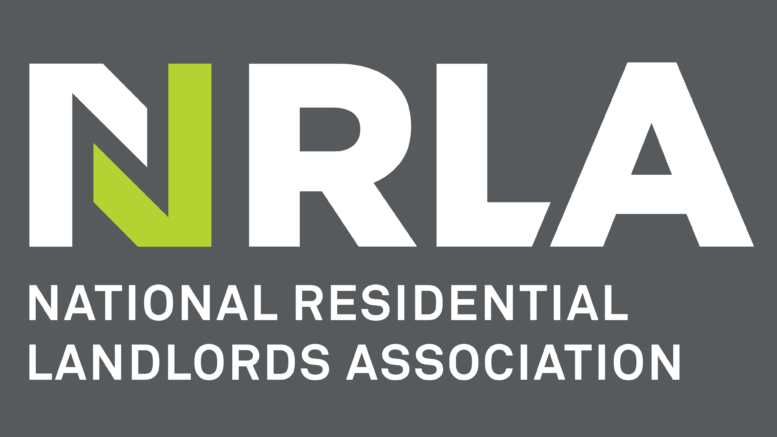Introduction of rent controls in Wales would have a destructive impact on the country’s private rented sector, the National Residential Landlords Association has told the Welsh Government.
With Wales set to introduce major changes to renting law in the coming months, NRLA has published its alternative Shadow Wales White Paper Wales.
In this it argues that Wales needs more, not fewer rented properties. ‘Despite this, the policies of Welsh Government continue to dissuade investment. Only 11 per cent of landlords polled by NRLA said they planned to increase the number of properties they let out whilst far more, 37 per cent, plan to cut the number they rent out’.
The most effective way to ensure the affordability of all types of housing, including that for private rent, is to ensure supply meets demand, said NRLA. At present demand for private rented housing in Wales, like everywhere in the UK, is outstripping supply.
The impact of insufficient supply is that tenants have less choice about where they live, rents increase and as a result tenants find it more difficult to save for a home of their own.
To help boost the supply of private rented housing the Welsh Government should exempt the purchase of additional homes for long term rent from the current 4 per cent Land Transaction Levy.
‘Our White Paper sets out what must be done in Wales to build a fairer, more inclusive PRS for both tenants and landlords and the damage that outmoded notions of rent control could have on the market’, said NRLA chief executive Ben Beadle.
‘Ultimately, with affordability and supply issues continuing to dog the Welsh private rented sector, rent controls would exacerbate these ongoing problems and fail to provide a solution fit for the twenty-first century. Rather than focus on rents, the Welsh Government must target costs, making the provision of homes more affordable.
‘A good start would be removing the controversial 4 per cent Land Transaction Levy on the purchase of additional homes which disincentivises investment in much needed homes’.







